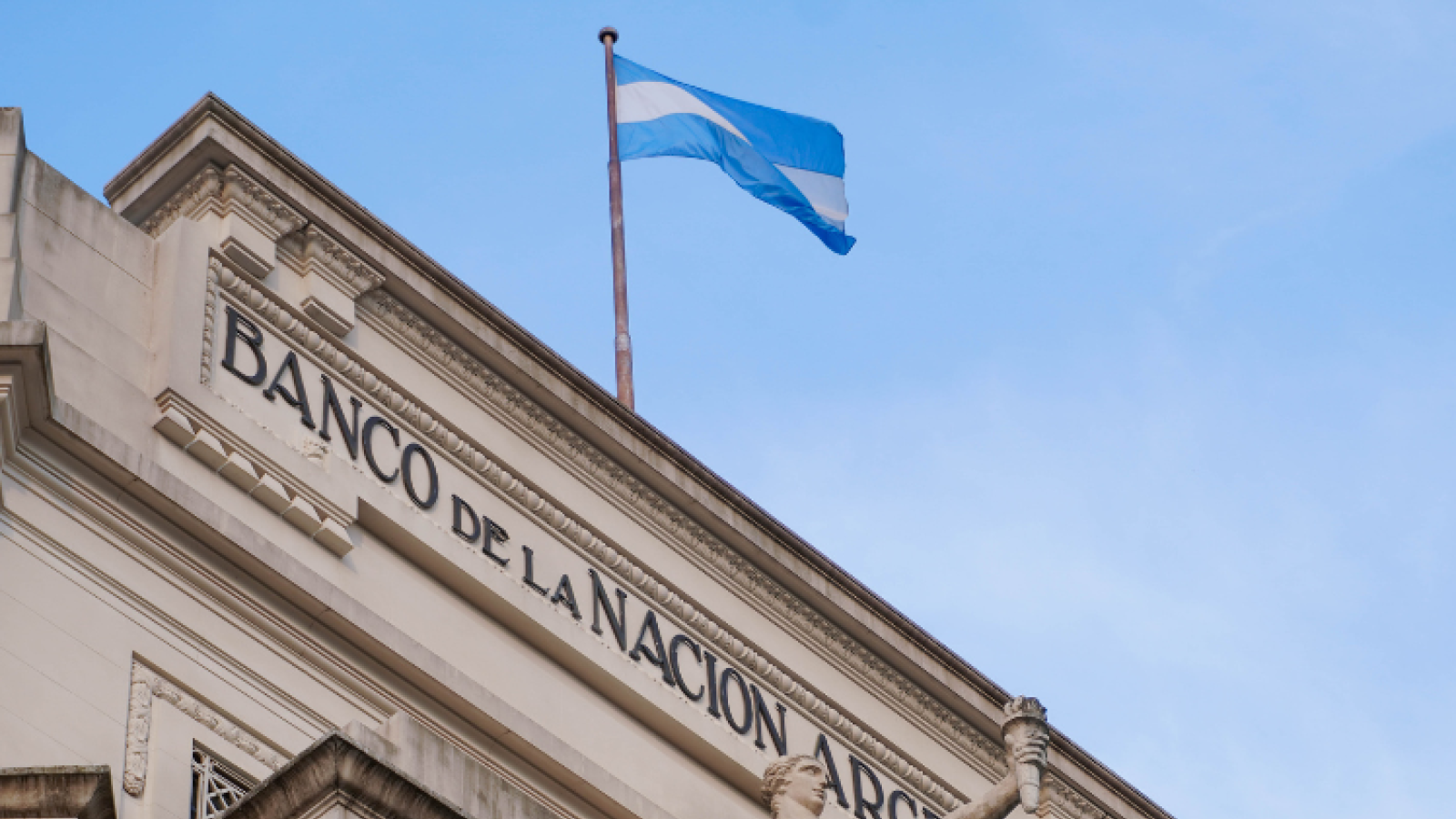
The ECGI blog is kindly supported by

Why Argentina did not join BRICS+ and what does it mean to its Corporate Governance
On August 24, 2023, Argentina’s former President Alberto Fernández (Justicialist Party; center left) accepted the invitation to join an enlarged BRICS bloc (BRICS+) saying it opened up a new scenario for the future of the country. Argentina was supposed to become a full member of the BRICS+ on January 1, 2024. However, this new scenario never materialized. A new President, Javier Milei (Libertarian Party; center right), was elected in the interim and sworn in on 10 December 2023. In a letter sent to all BRICS members dated December 22, 2023, Mr. Milei rejected the invitation, stating at the time he did not consider it appropriate to join the bloc. What had happened in this brief period? Let us take it one step at a time and start from the beginning.
BRIC, BRICS and BRICS+
BRIC was an acronym coined in a 2001 Goldman Sachs report to allude to the biggest emerging markets, Brazil, Russia, India, and China. The name stuck as these countries started to meet informally. The first BRIC summit was held at Yekaterinburg in 2009, and the latest one (no. 15) was in Johannesburg in 2023. BRIC became BRICS after South Africa joined in 2011. As of 1st January 2024, the bloc was enlarged and renamed BRICS+, which now counts 10 members, the first five, plus Egypt, Ethiopia, Iran, Saudi Arabia, and the United Arab Emirates. BRICS+ represents half the world’s population and a quarter of its wealth.
BRICS+ is not a proper multilateral organization, but an informal partnership between countries. Its goal is to give a single voice to the Global South and to propose an alternative model of global governance to that offered by the West (mainly represented by the G7). However, it is difficult to find common political values between BRICS+ member countries, which comprise more or less democratic republics, monarchies, an autocratic federation, and a theocracy, other than diverging degrees of anti-West attitudes; while Russia, India, and China are more open in their critique, South Africa and Brazil have adopted more moderate stances (Giaccaglia, 2022). There are also non-negligible intra-bloc economic differences between its members.
From economic, trade, and financial issues BRICS policies have expanded to health, agriculture, security, and climate change (Scaffardi, 2014). Currently, BRICS efforts focus on three pillars, Political and Security Cooperation; Financial and Economic Cooperation; and Cultural and People-to-People Cooperation. Despite internal divergences and feeble institutionalization, intra-BRICS trade is growing steadily (Boston Consulting Group, 2024) and after the latest enlargement, the bloc concentrates a significant part of the world’s energetic resources; more than half of the world’s gas reserves and significant oil reserves (Devonshire-Ellis, 2022).
BRICS has not yet produced uniform corporate governance rules. During the last decades, BRICS members’ corporate governance policies have been modernized on a voluntary basis, with varying degrees of success (Pargendler, 2015). Comparisons of corporate governance rules in the BRICS five founding members have shown some similarities but also significant differences (Majumder, Maiti & Banerjea, 2012), with Brazil, Russia, and South Africa more aligned to international (UN) standards than China (Oliveira et al., 2014). However, the potential of a larger BRICS+ to propose an alternative corporate governance model in the current state of world affairs should not be ruled out.
Argentina’s original alignment with BRICS+
In recent decades China has become the main trading partner of many Latin American countries (Roy, 2023; Hurtado, 2022). Argentina has not been the exception. China has invested in key sectors of the Argentine economy, such as infrastructure, energy, and natural resources, in particular soybeans and lithium. Thus, Argentina’s original decision to join BRICS+ can be considered a political gesture of alignment towards its main investor and trade partner. Argentina’s former President's decision to join the Belt and Road Initiative, during his 2023 visit to Beijing, can be viewed in the same light. Argentina also gave positive signals to another founding member of BRICS. In February 2022, less than one month before the Ukraine invasion, Mr. Fernández visited the Russian Federation and announced in the presence of Mr. Putin that Argentina would become Russia’s gateway to Latin America (Schmidt, 2022).
However, joining BRICS+ was probably more based on financial interest than political affinity. Argentina owes US$ 44 billion to the IMF and must still repay a big part of its renegotiated debt of US$ 65 billion to foreign creditors. Droughts negatively affected the soybean harvests in 2023, the country’s main export and only source of hard currency. At the same time, expansive monetary policies and public spending led to a 211.4% annual inflation rate, the highest in 32 years (Rey, 2024). In 2014 BRICS member countries created a New Development Bank funded with more than US$ 100 billion. Barred from accessing global debt markets, the BRICS Bank became a coveted source of funding for a debt-strapped country.
The breakup
Mr. Milei’s decision to reject the invitation to join BRICS+ was, to some extent, the fulfillment of an election promise. A self-declared anarcho-capitalist, Mr. Milei repeatedly stated his intention to re-align Argentina with the West. Moreover, he recurrently confronted China and said he would not deal with communist countries (a promise he did not keep). Evidence of his commitment to strengthening ties with the West, neglected by the previous administration, is his efforts to improve relations with the US and relaunch the MERCOSUR - EU Free Trade Agreement, which seems bogged down due to divergences within both the MERCOSUR (Brazil) and the EU (France).
However, despite his ideological stance, Mr. Milei has shown signs of pragmatism. After all, Argentina's huge debt has not disappeared, inflation is not decreasing fast enough, and China remains the country’s main trading partner. That may explain why in his letter declining to join BRICS+ he left the door open to join the bloc in the future, if circumstances change, while stating he would like to intensify bilateral ties with its member countries, in particular, to increase trade and investment flows.
What does all this mean to Argentina’s corporate governance policy?
Argentina's corporate governance policy has traditionally been influenced by continental European law, as reflected in its commercial laws and the General Companies Act (LGS). Public companies are governed by the Capital Markets Act, modified by the Productive Financing Act, which under the Kirchner administration, granted the CNV (local securities regulator) significant control. The Milei administration seeks market liberalization, opposing previous policies.
Anglo-American corporate governance concepts are increasingly integrated into Argentine law. For instance, listed companies must now include independent directors per an OECD requirement. While ESG reporting is not mandatory, it is common among multinationals, and a recent CNV resolution mandates ESG reporting for social, green, and sustainable bonds.
Despite global trends towards the Anglo-American model, structural issues in developing countries like Argentina can limit its effectiveness. The Argentine market is characterized by concentrated ownership, low liquidity, family-owned firms, few institutional investors, and inadequate transparency. Compliance with corporate governance varies among public companies, often based on firm size (Barco & Briozzo, 2020).
The Milei administration is pushing for major legal reforms. A decree issued on December 20, 2023, aims to deregulate the economy by allowing state-owned firms to convert to private entities and modifying the LGS to enable football clubs to become corporate entities. However, the Senate rejected this decree on March 14, 2024.
On December 27, 2023, Milei proposed an omnibus bill to Congress to enhance corporate flexibility, autonomy, and transparency, including making company records publicly accessible online. An amended version of the bill was approved by the Senate on June 13, 2024. Now it must be approved by the Chamber of Deputies to become law.
Milei's market liberalization stance contrasts with previous interventionist policies, potentially aligning more with the Anglo-American corporate governance model. However, this shift hinges on the administration's success, with Argentina's political volatility suggesting future policy reversals are possible, reflecting its broader instability.
----------------------
By Maximiliano Marzetti, Assistant Professor at IESEG School of Management, France, and Visiting Professor in many Latin American universities.
The ECGI does not, consistent with its constitutional purpose, have a view or opinion. If you wish to respond to this article, you can submit a blog article or 'letter to the editor' by clicking here.




